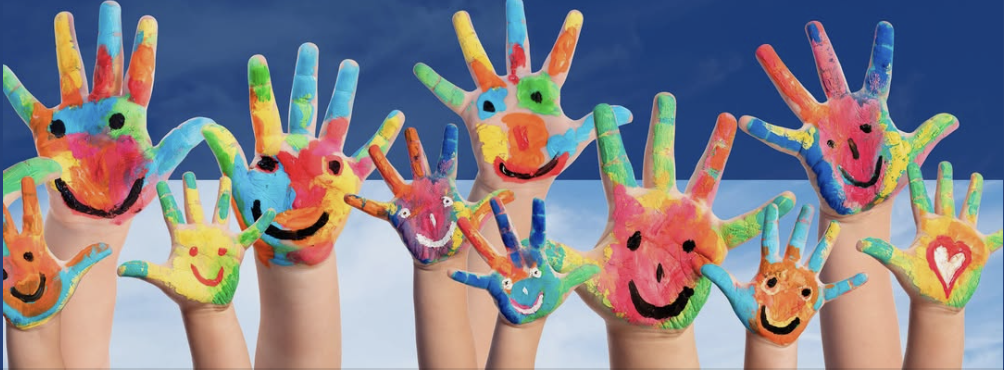
- Details
- By Chickasaw Nation Media
August is Child Support Awareness Month. During this month, the Chickasaw Nation aims to highlight the importance of child support and the crucial need for providing financial support to ensure the well-being of First American children.
Chickasaw Nation Child Support Services (CNCSS) provides child support assistance to Chickasaw citizens, Choctaw members and First Americans from federally recognized tribes within the Chickasaw and Choctaw Nations.
“You may not need child support, but I guarantee you know someone who does,” Robert Harrison, finance and support services manager for CNCSS, said.
The program can aid in establishing paternity for minor children through genetic testing and legal processes, as well as establishing a child support order once paternity is established. Harrison said CNCSS can also enforce existing child support orders. The program aims to help parents succeed by providing child support services at no charge.
“This is a cost-free program,” Harrison said. “Some people don’t realize that.”
CNCSS, through its Tribal Enforcement Payment Project (TEPP), also assists incarcerated parents upon release by providing referrals to employment and education resources and monitoring the success of resuming child support payments.
“It takes a whole village sometimes to help bring a child up,” Harrison said. “There are many Chickasaw Nation programs we help parents connect with and they can utilize.”
Harrison said CNCSS often works with Chickasaw Nation Nutrition Services to ensure parents utilizing child support services are aware of the healthy, affordable food options available for their First American children. Additionally, CNCSS will help parents engage in other programs offered by the Chickasaw Nation, such as children’s camps and youth clothing grants.
Harrison said people interested in receiving assistance from CNCSS can easily apply online at Chickasaw.net/ChildSupport.
Applicants are asked to provide copies of birth certificates and Social Security cards for all children. Additionally, a Certificate Degree of Indian Blood (CDIB) is required for all children and parents, if available. Court orders, divorce decrees, guardianship orders and paternity affidavits may also be needed, if applicable.
Interested parties can contact the office directly at (580) 436-3419 and request a paper application be mailed to them.
Harrison said CNCSS welcomes walk-ins and phone calls. Appointments are not required.
More Stories Like This
Native News Weekly (August 25, 2024): D.C. BriefsUS Presidents in Their Own Words Concerning American Indians
Native News Weekly (December 14, 2025): D.C. Briefs
Wounded Knee Massacre Site Protection Bill Passes Congress
Two Murdered on Colville Indian Reservation
Help us defend tribal sovereignty.
At Native News Online, our mission is rooted in telling the stories that strengthen sovereignty and uplift Indigenous voices — not just at year’s end, but every single day.
Because of your generosity last year, we were able to keep our reporters on the ground in tribal communities, at national gatherings and in the halls of Congress — covering the issues that matter most to Indian Country: sovereignty, culture, education, health and economic opportunity.
That support sustained us through a tough year in 2025. Now, as we look to the year ahead, we need your help right now to ensure warrior journalism remains strong — reporting that defends tribal sovereignty, amplifies Native truth, and holds power accountable.
 The stakes couldn't be higher. Your support keeps Native voices heard, Native stories told and Native sovereignty defended.
The stakes couldn't be higher. Your support keeps Native voices heard, Native stories told and Native sovereignty defended.
Stand with Warrior Journalism today.
Levi Rickert (Potawatomi), Editor & Publisher

